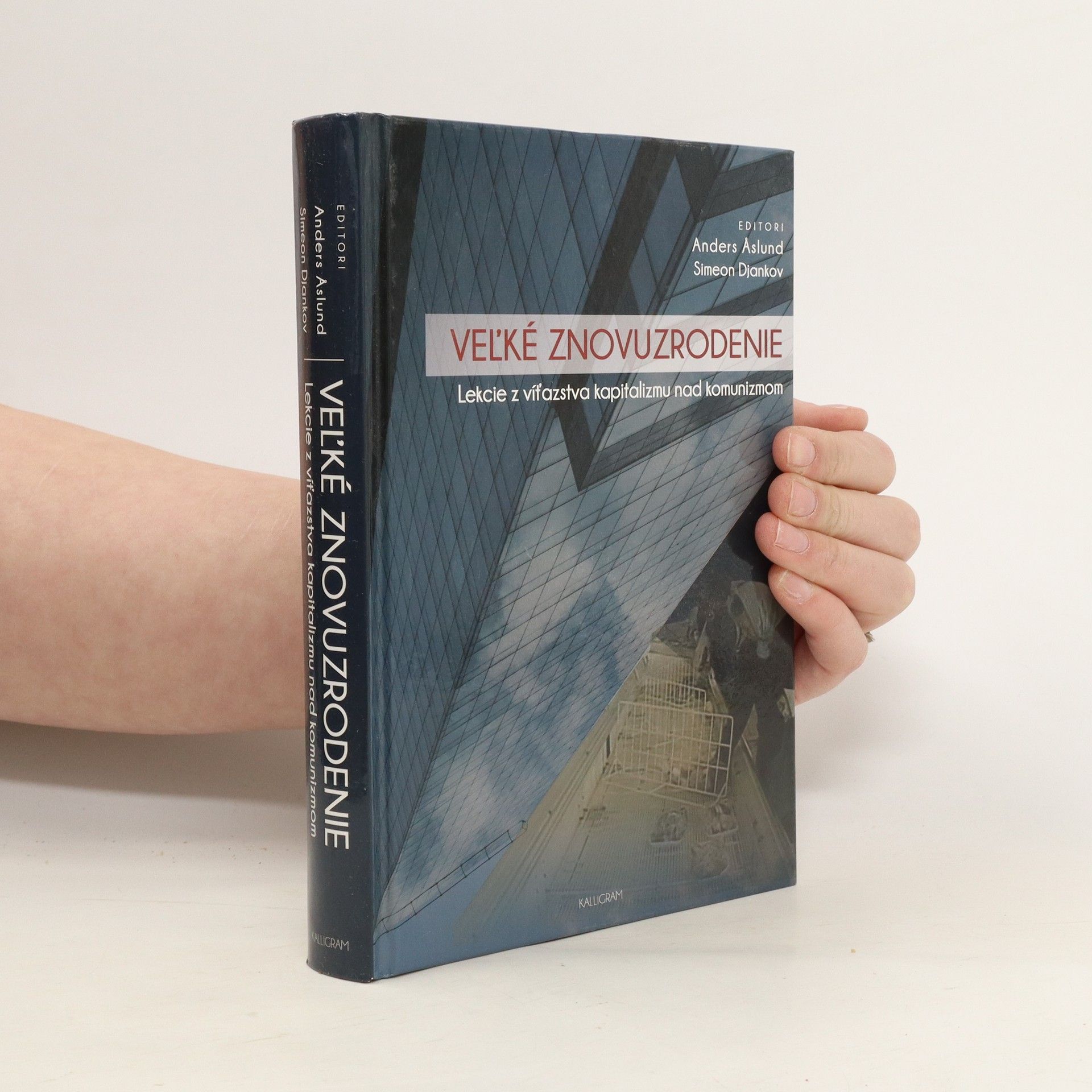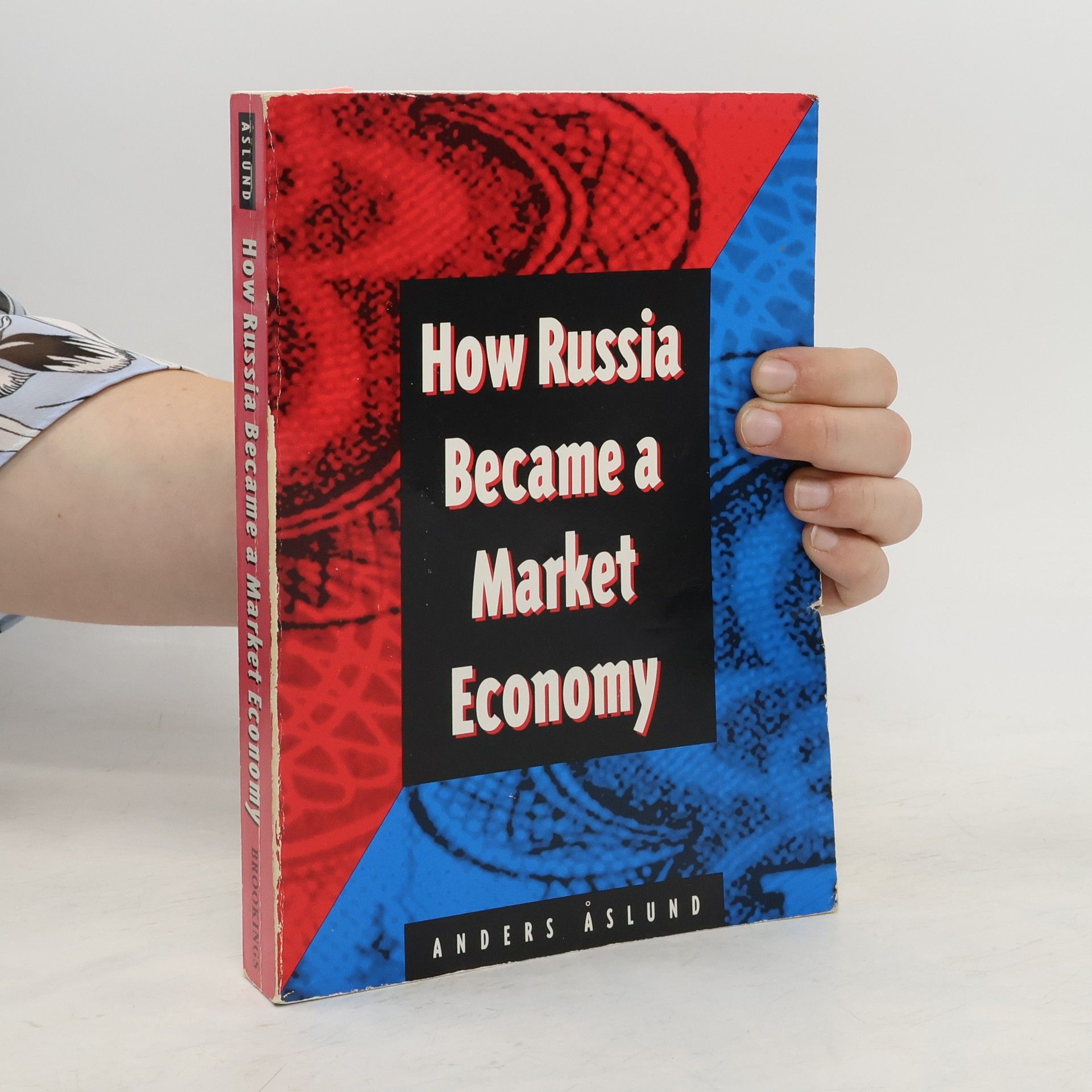Post-Communist Economic Revolutions: How Big a Bang?
- 108 pages
- 4 hours of reading
This is an examination of the economic achievements and failures in a number of former communist-bloc countries, focusing on the common issues and the available options. It covers developments in Russia, Poland, Czechoslovakia, Hungary, Yugoslavia, Bulgaria, Romania and Albania, as well as the economic transformations in China and Vietnam. The book also puts forward policy recommendations for the future. One of the author's conclusions is that, the slower a country's process of democratization, the costlier its economic transformation is likely to be.




